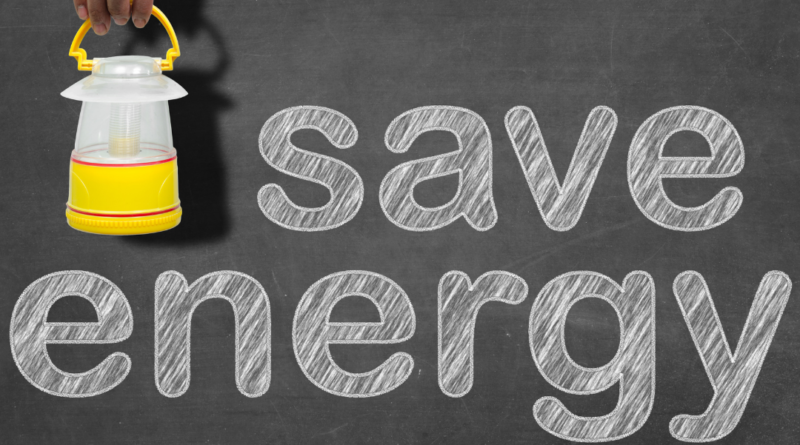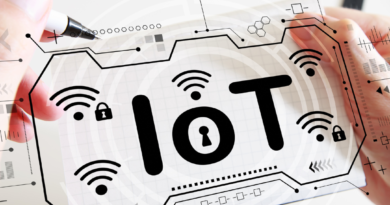Everyday Tips to Save Electricity at Home
In its essence, energy conservation is reducing energy consumption to lower costs and minimize environmental impact. This includes using less electricity, gas, or any other type of energy that you use within your home and pay for.
On the other hand, energy efficiency means using particular products designed to consume less energy. These two practices are very similar but incorporate different methods. What they have in common is the effort to save electricity at your home and be eco-friendly.
Adjust your lifestyle
To increase your energy savings and lower energy consumption in your home, you do not necessarily have to start investing immediately in purchasing energy-efficient products. Energy conservation can begin first as simple daily habits – turning off lights or appliances when you do not use them, doing more household chores by hand, such as line-drying your clothes outside or washing dishes by hand, turning down the heating a notch in the winter and using the air conditioner a bit less in the summer. These little actions may seem insignificant, but in time, they add up and you can feel their effect when you receive a smaller utility bill at the end of the month.
Replace your light bulbs
Conventional incandescent light bulbs consume a huge amount of electricity and have to be replaced more often than energy-efficient lights. Compact fluorescent lights (CFLs), light-emitting diode bulbs and halogen incandescent bulbs (LEDs) use around 25-80 % less electricity and last 3 to 25 times longer than traditional bulbs. They are more expensive initially, but their efficiency and longer lifespan mean less cost in the long run.
Install a smart thermostat
The main advantage of a smart or programmable thermostat is that you can set it to automatically turn off or reduce cooling or heating while you’re asleep or absent. This will help you eliminate wasteful energy use but without upgrading your entire HVAC system. On average, a smart thermostat can save you around $180 a year.
Programmable thermostats are available in different models so as to fit your weekly dynamics. Additional features can include indicators for a variety of HVAC issues such as air filter replacement, which also affects the efficiency of your heating/cooling system. This is certainly not a DIY job, so make sure you hire a Level 2 electrician from Bondi for top service and high-quality work.
Purchase energy-efficient appliances
On average, home appliances take up approximately 13% of total household energy use. When buying an appliance, pay attention to its initial purchase price and the annual operating cost. Despite their higher initial cost, energy-efficient appliances have between 9-25% lower operating costs than conventional models.
Also, look for appliances with the ENERGY STAR mark, which is a federal guarantee for lower energy consumption during use and when on standby than traditional models. Bear in mind that energy savings vary from one appliance to another. For instance, ENERGY STAR certified clothes washers consume 45% less water and 25% less electricity than conventional ones, whereas ENERGY STAR refrigerators consume only 9% less energy.
Replace inefficient windows
Old and leaky windows are a major source of energy waste as they make up to 10-25% of your total heating bill. The best way to prevent heat loss is to replace single-pane windows with double-pane models.
The best option for homes in colder regions is gas-filled windows with “low-e” coatings with the addition of interior or exterior storm windows. Whereas in warmer climates, the main issue is heat gain through windows. To minimize that, low-e coatings on windows can lower heat gain by deflecting more light. Also, installing shutters, screens, window shades, and awnings can offer an additional layer of insulation.
Insulate your home
Insulation is instrumental in cutting down your utility bills by locking in heat during the winter and keeping it at bay during the summer. The recommended “R-value” level will depend on the region where you live, so generally, in warmer climates, it would be much lower than in colder regions.
The level of insulation also depends on the part of the house you’re insulating. The five main areas of concern are the walls, attic, floors, basement, and crawlspace. It’s recommended you refer to a Home Energy Saver tool to calculate the specifications for your home or get the information on the Department of Energy’s webpage.
Energy conservation is no longer a trend but a very important issue in today’s world. It can be beneficial for multiple reasons – it can cut your costs, increase your property value and help in environmental protection. The tips mentioned here are all useful in helping you gain benefits from saving energy. Simply by taking several easy steps towards living a more energy-conscious lifestyle, you can start reaping the fruits of being energy efficient.


